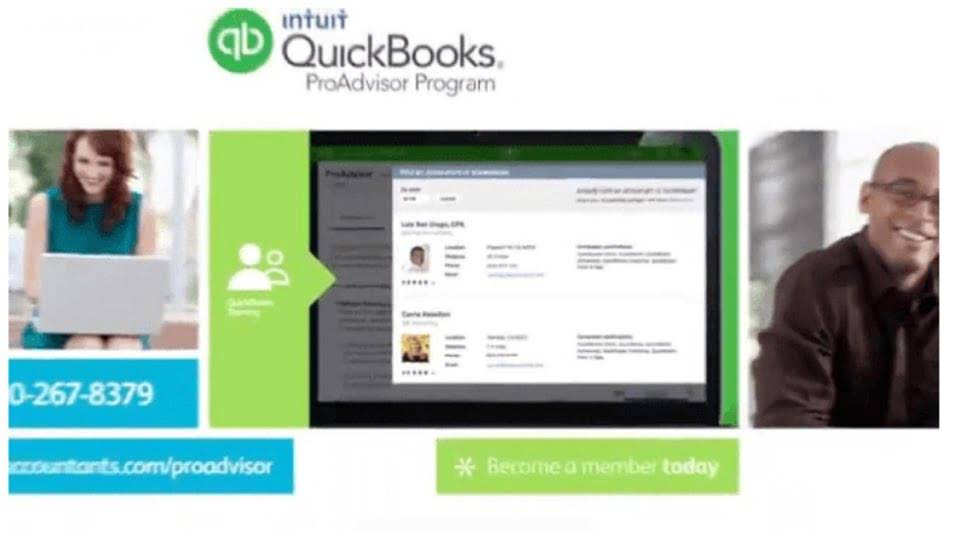
Prior to founding FloQast, he managed the accounting team at Cornerstone OnDemand, a SaaS company in Los Angeles. Reconciliation involves comparing and aligning various financial records to ensure accuracy. Bank statements, credit card statements, and other financial accounts are reconciled with the corresponding entries in the general ledger. The month-end close is a vital process for all businesses, regardless of size or industry. Once the research and documentation have been reviewed, the team is ready to craft monthly financial statements.
Month End Close Process: Steps, Checklist, and Best Practices

Keep everyone informed about the current status of closing and any issues that may arise. You and your team should prioritize critical Bookkeeping for Chiropractors functions so they’re completed first. It’s important that when the time comes for closing, everyone knows their roles and deadlines. Join our community of finance, operations, and procurement experts and stay up to date on the latest purchasing & payments content. Streamline your month-end close with The Next Gen Finance’s Teams Guide to a Faster, Smarter Close.
- Establish a standard procedure to ensure accuracy in financial reporting and reduce errors caused by inconsistent accounting standards or manual calculations.
- Don’t forget to review the revenue and expense accounts as well to make sure all entries have been accurately reflected.
- Accounting systems aren’t homogenous entities; they usually come in modules covering specific purposes such as an accounts payable and an accounts receivable department.
- Cash receipts, sales invoices, and any adjustments to accounts receivable are carefully documented.
- Clear visibility and process automation give top-tier finance departments the tools to close quickly.
- The month-end closing process is a cornerstone for smart decision-making and budgeting.
- Get free guides, articles, tools and calculators to help you navigate the financial side of your business with ease.
How to prepare for a smooth month end close process
They can analyze your numbers and give you insights to make good business decisions. Reconciling accrued expenses will help you stay on top of all invoice payments and dues within a year. With account reconciliations, you’ll spot mistakes in your financial data and fraudulent transactions (if any!). Our month end close process intuitive software automates the busywork with powerful tools and features designed to help you simplify your financial management and make informed business decisions. Bench simplifies your small business accounting by combining intuitive software that automates the busywork with real, professional human support. Accurate reporting allows top management to identify and correct performance problems.

Year-End Closing Chaos? How to Turn Dread into Done!

Cover the standard sections in the balance sheet and the P&L, and then think about the non-standard items that are unique to cash flow your business. Besides having a well-thought-out plan and month-end workflow, let’s review some best practices that can help make your end-of-the-month processes go as smooth as possible. Cash distributions or dividends paid out to owners during the period need to be closed out to Retained Earnings so that the balance reflects the earnings that the company retains for future needs. By understanding its importance and utilizing my checklist, you can find success in your month-end process.

Internal Controls Every Accounting Team Needs to Implement
- Foster effective communication among team members, departments, and stakeholders involved in the accounting processes.
- Automation accelerates workflows, from data collection to account reconciliation.
- It’s a proactive approach to financial management that addresses discrepancies in a timely manner, preventing them from snowballing into larger issues.
- Lisette explains to him that he can reopen the last closed fiscal year for a company code in case he needs to make corrections in one or more depreciation areas.
- Ideally, reconcile your petty cash fund daily or weekly because small payments are easy to miss.
The accounting department is responsible for overseeing the month-end close process, from data collection to final reporting. Month-end close is a crucial activity for every business spearheaded by the finance department that requires the books to be closed quickly and accurately. Needless to say that forecasting cash flow predictions accurately, making strategic business decisions, and financial planning, all depend on a successful financial closure. The process involves matching intercompany transactions, such as loans, sales, or services, between subsidiaries. Discrepancies arise from timing differences, currency fluctuations, or inconsistent accounting policies. For example, a subsidiary may record a sale at a different exchange rate than the purchasing entity, requiring adjustments.